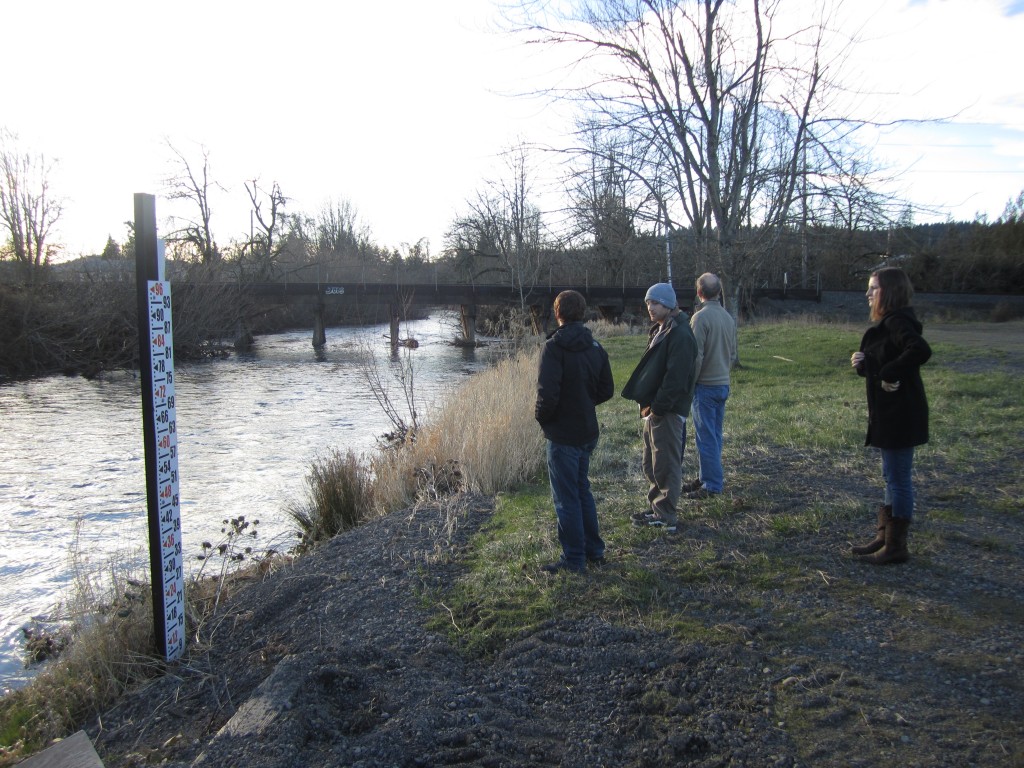
The City of Eugene is four years into a five-year Diversity and Equity Strategic Plan (DESP) to improve the organization’s culture around equity and human rights. The City and our Community Planning Workshop team partnered up to check off a plan action item and conduct an evaluation on the progress of the plan.
To evaluate the city’s progress on equity and human rights, our team uses surveys, interviews with executives and department DESP committees, focus groups, and related research. City staff received the survey in mid-February, and by the time the survey closed, 47% of the 1,400 staff members responded. We were thrilled with the response and are now analyzing the results to find key themes. In mid-to-late February our team also conducted all 13 interviews and team members continue to synthesize the results.
In late June, we’ll present the City with our final report. In it, we’ll include the key themes from the survey, interviews, and focus groups, and recommendations for future action. The DESP expires in 2014 and we are working with the City to understand what should replace it, if anything at all.
With much work done and much more to do, our team is happy with the progress and enjoying our partnership with the City of Eugene.
More about the Community Planning Workshop(CPW)
